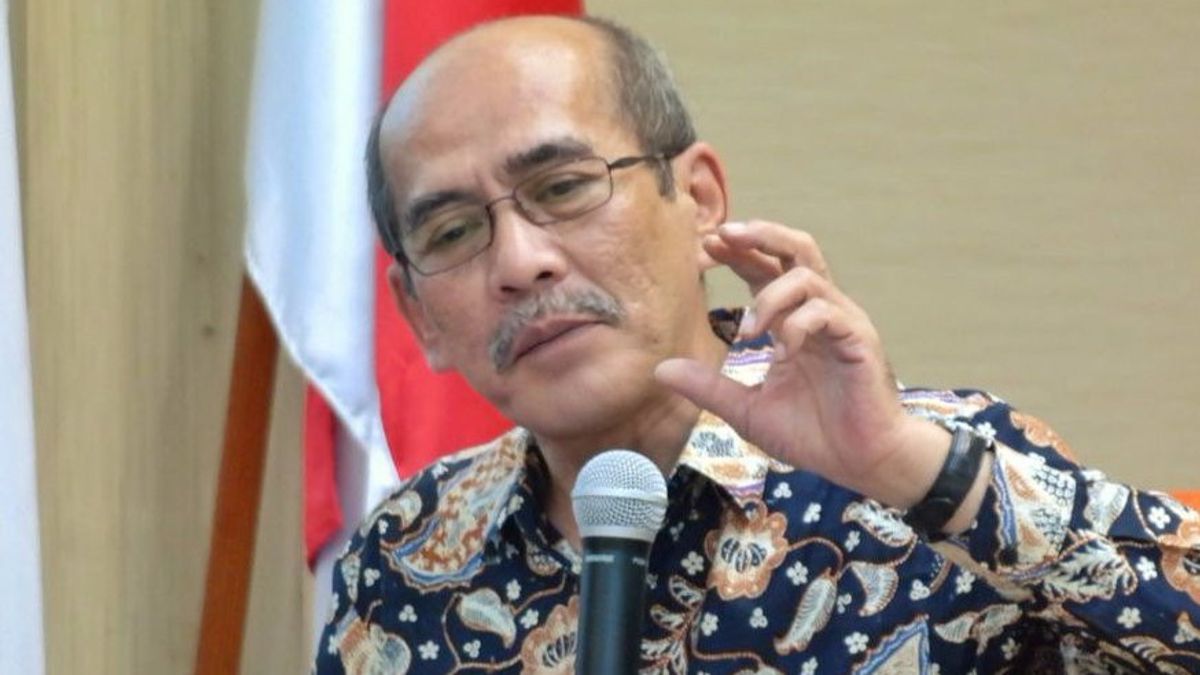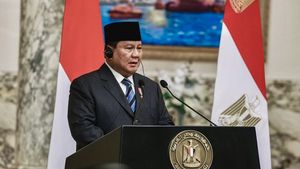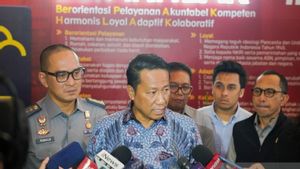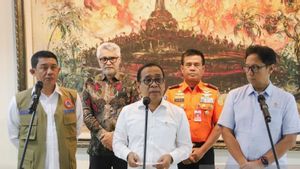JAKARTA - State-owned enterprises (BUMN) are accused of playing cartel practices in procuring the COVID-19 vaccine. This issue was raised because the process for the arrival of the COVID-19 vaccine was strictly regulated by the government, starting from the quantity, procurement, to distribution through a coordinated BUMN.
The government has also announced two distribution schemes for the COVID-19 vaccine, namely for free and most of which are paid. However, the government's plan with a paid scheme has come under fire from several parties. The scheme is even suspected of being a form of monopoly.
Even though President Joko Widodo (Jokowi) decided to make the COVID-19 vaccine free, this issue still continues. BUMN Minister Erick Thohir also said that the control of vaccines coming to Indonesia or produced only by the government is an effort to ensure that vaccinations are actually carried out in a measured and targeted manner.
"If the initial stages of COVID-19 vaccination are already underway, the government will open up vaccine procurement that is not only carried out by the government," said Erick.
Erick also said that vaccine shipments also used QR Code and tracking technology. Thus, each vaccine can be tracked where it is distributed and used to whom. Erick stressed that he wanted to avoid selling vaccines freely with inflated prices.
Previously, senior economist Indef Faisal Basri strongly criticized the implementation of the paid vaccine scheme by BUMN and approved by the government as a barbaric practice.
The vaccine business by the state-sanctioned BUMN cartel is a barbaric practice !!!
- Faisal Basri (@FaisalBasri) December 14, 2020
"The government-sanctioned state-owned cartel vaccine business is a barbaric practice !!!" tweeted @FaisalBasri, Monday, December 14.
The Indonesian government is preparing two schemes for the implementation of COVID-19 vaccination, namely the government program scheme and the independent scheme. For the procurement of the COVID-19 vaccine, the government program scheme is implemented by the Ministry of Health (Kemenkes) and the independent scheme is implemented by the Ministry of BUMN.
Of the immunization coverage target of 107 million people, 75 million are for the independent scheme target group, while 32 million are for the government program scheme.
Vaccination targets for government schemes are health workers in all health facilities, essential public servants and vulnerable groups of people. Meanwhile, for the independent scheme, other economic actors include BPJS participants, non-BPJS / other insurance, and public / private participants.
This independent scheme then raises the pros and cons. Because, in this scheme later, residents who want to get vaccines must spend from their own pockets.
The English, Chinese, Japanese, Arabic, and French versions are automatically generated by the AI. So there may still be inaccuracies in translating, please always see Indonesian as our main language. (system supported by DigitalSiber.id)













